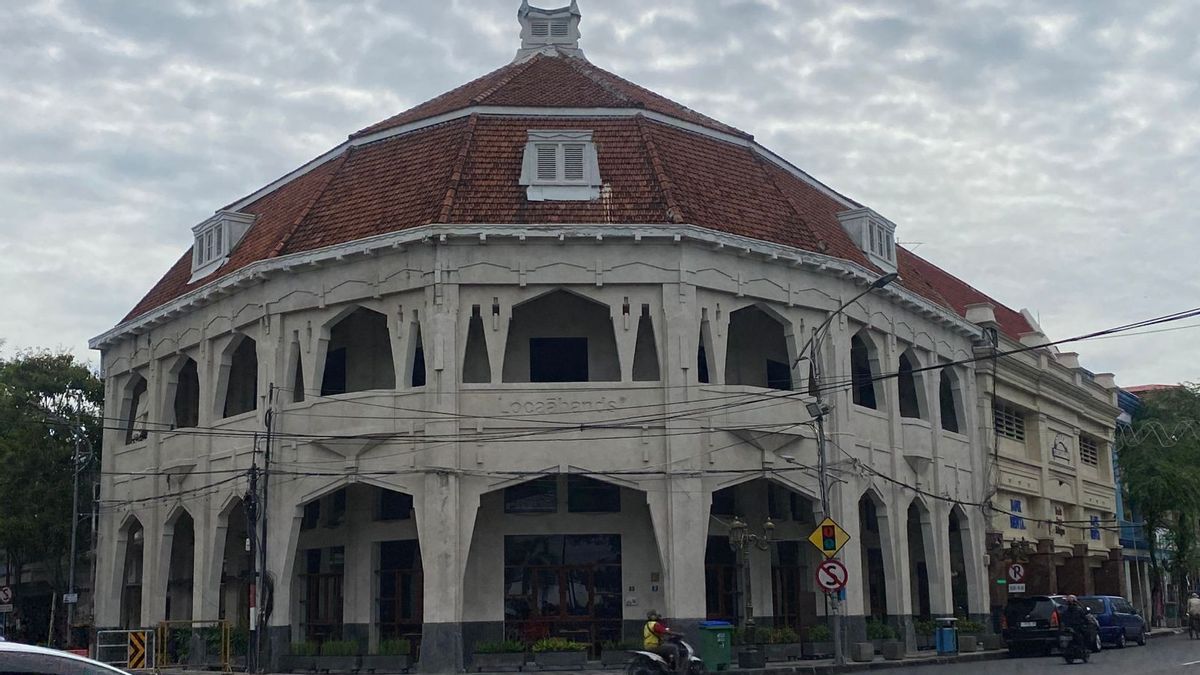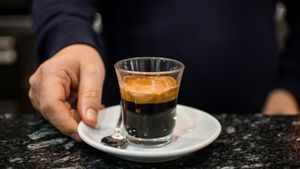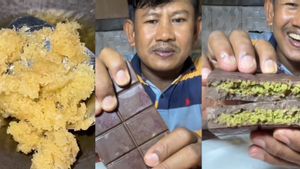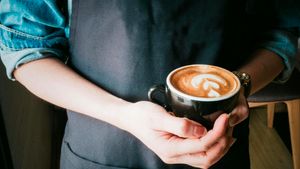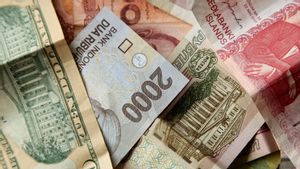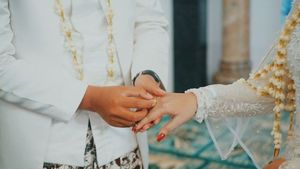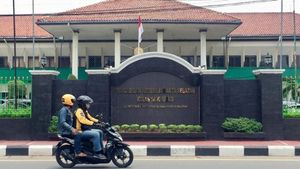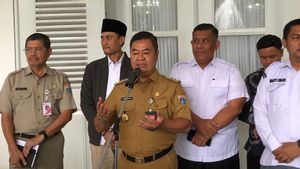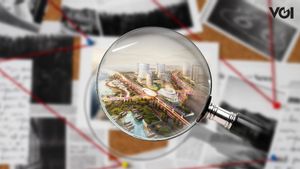JAKARTA - The Tunjungan area in Surabaya is one of the historical locations that combine past nostalgia with the dynamics of a modern city. Located in the heart of the city of Surabaya, this area has witnessed the silentness of the development of the economy, culture, and history of the city of heroes from colonial times to the era of independence.
With its unique charm, Tunjungan offers an unforgettable experience for local and international tourists. In an exclusive interview, Citra Ajeng, a guide tour from Bersukaria, shared history along Jalan Tunjungan, Surabaya.
One of the VOI.id teams is walking through the historic areas in Tunjungan Surabaya which is very interesting. Here are 5 historical places in Tunjungan Surabaya that you must visit.
The Siola building is located in the city center of Surabaya. This building is one of the historical buildings that has important value in the development of the city. This building was founded by a foreign financier from England named Robert Laidlaw.
Siola Building (Adelia/VOI)
Initially, the Siola Building functioned as a shopping center and department store, which at that time was quite modern for the size of Surabaya. The design of this building reflects the style of Dutch colonial architecture with elements such as archs, large poles, and distinctive tall windows.
"In 1940, Japanese investors opened a shop called Chiyoda," said Citra Ajeng to VOI.id at the end of Jalan Tunjungan, Surabaya on Wednesday, December 11, 2024.
"Furthermore, in 1950 several businessmen named Soemitro-Ing Wibisono-Ong-Liem-Ang revived and became known as SIOLA, which is the shortcoming of the forerunners of each owner," he continued.
The Loge de Vriendschap building is a historic building located in the center of the city of Surabaya, East Java, Indonesia. This building has high historical value, related to social, political and cultural developments during the Dutch colonial period.
This building was originally used as a gathering place for members of the Freemasonry organization called Loge de Vriendschap, which means "Friendly" in Dutch. This organization was one of the most important and influential loge Freemasonry in Surabaya during colonial times.
Loge de Vriendscha Building (Adelia/VOI)
"This association has a symbol of a term and a crossbar (folder ruler) that is combined so that it forms a quadrilateral field where in the middle there are two hands that are working. The hand position is a symbol of friendship that is framed in work equipment (jangka and mistar) as a work symbol, actively working," said Citra.
The Majapahit Hotel Surabaya was originally known as the Hotel Oranje. The hotel, which is located on Tunjungan Street, is one of the most historic and luxurious hotels in Indonesia. Located in the city center of Surabaya, this hotel is not only famous for its five-star services and facilities, but also because of its important role in Indonesia's history, especially in the context of the struggle for independence.
On September 19, 1945, after the Proclamation of Indonesian Independence, several important freedom fighters and figures who supported Indonesia's struggle to gather in this hotel. The hotel, which was built since 1910, has become a historic place for a meeting between Indonesian fighters and the Dutch who are trying to maintain their power.
Majapahit Hotel (Adelia/VOI)
"Charlie Chaplin stays here, the room also cannot be entered or rented," said Citra.
An actor who is synonymous with baggy pants, a small bowler hat, a unique mustache and a walking method that was dragged with the help of this stick visited Surabaya in 1932.
Lalwani's shop is one of the well-known textile shops that sells various typical Indian and Middle East knick-knacks, such as sari, sisha, windowing, and cloth, for both men and women. In time, the price of goods in this store was relatively high because they were all imported products.
Initially, the Lalwani Shop did serve the needs of Europeans and other bOBBiris living in Surabaya. In addition, the shop is also known as a men's special sewing service, offering clothes in the latest style that are sewn by tailors who work there.
Toko Lalwani Surabaya (Adelia/VOI)
Founded in the 1930s, the Lalwani Shop has a easy-to-recognizable characteristic, namely a red name placard attached to the top wall of the building with the words: 'Lalwani Store Insdas & Sons, Tundjungan 30'. However, since the 1990s, this shop has started to no longer operate like in its heyday and eventually abandoned its residents.
"The prices sold at the Lalwani Shop are very expensive, because the imports and market targets are Europeans," said Citra.
Tunjungan is also one of the locations for the establishment of the JWF Sluyter shop, the JWF Sluyter store, is one of the imported bookstores located in the Tunjungan Street area of Surabaya during the colonial period. Historically, the Sluyter bookstore building was later taken over by the Van Dorp & Co printing business.
SEE ALSO:
"Now it has turned into a Locaahands restaurant, but the shape of the writing is still the same as it is now. Previously, this was the place to sell Dutch books and there were already in 1925." said Citra.
The English, Chinese, Japanese, Arabic, and French versions are automatically generated by the AI. So there may still be inaccuracies in translating, please always see Indonesian as our main language. (system supported by DigitalSiber.id)
